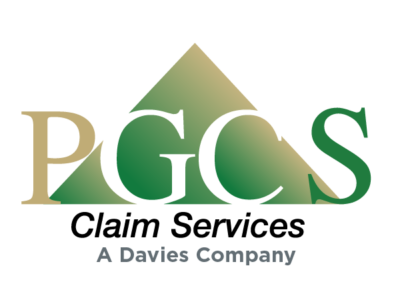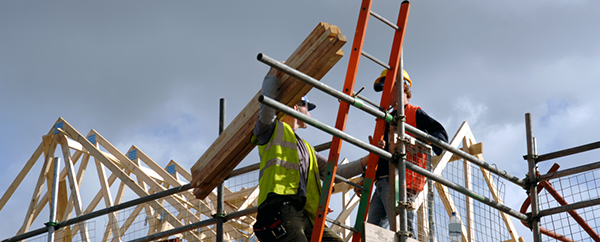OSHA has announced their preliminary list of the top ten workplace violations for fiscal year 2023. Topping the list for the 13th year in a row is fall protection.
The number of violations in each category increased from last year. Furthermore, the US Department of Labor increased OSHA maximum civil penalties in 2023:
- Serious and other-than-serious workplace violations increased from $14,502 per violation to $15,625 per violation.
- Willful or repeated workplace violations increased from $145,027 per violation to $156,259 per violation.
Related: How to prevent workplace slips, trips and falls
Be sure to share this list with your work comp clients, as violations are becoming both more frequent and more costly.
10. Machine Guarding. 1,644 violations this year, up from 1,370 the previous year. OSHA’s definition of machine guards: “barriers which prevent access to danger areas.” Main offender: Plastic products manufacturers.
9. Personal Protective and Lifesaving Equipment – Eye and Face Protection. 2,074 workplace violations in 2023—700-odd more than the previous year. These are violations of OSHA standard 1926.102 regarding protection from “flying particles, molten metal, liquid chemicals, acids or caustic liquids, chemical gases or vapors or potentially injurious light radiation.”
8. Fall Protection – Training Requirements. 2,112 violations reported this year, over 1,556 last year. Roofing contractors were a big offender. OSHA standard 1926.503 insists on mandatory fall protection training.
7. Respiratory Protection. 2,481 violations this year, up from 2,185 last year. Main offenders: Automotive paint and body shops. Per OSHA standard 1910.134, atmospheric conditions may need to be altered to alleviate airborne particulate hazards.
6. Lockout/Tagout. 2,554 violations this year, versus 1,977 last year. This category had the second most willful violations on this year’s list. From OSHA’s website: “Lockout is mandated when an energy-isolating device can be locked out, ensuring complete de-energization. When this isn’t possible, tagout may be employed if it assures full employee protection. Training in LOTO procedures is mandatory, with retraining when necessary.”
5. Powered Industrial Trucks. 2,561 workplace violations this year, up from 1,749 last year. Main offender: Plastic product manufacturing. OSHA standard 1910.178 outlines mandates for “fork trucks, tractors, platform lift trucks, motorized hand trucks and other specialized industrial trucks powered by electric motors or internal combustion engines.”
4. Scaffolding. 2,859 violations this year versus 2,058 last year. Main offender: Masonry contractors. OSHA mandates that, per its website, “every scaffold and its components must bear its own weight and at least four times the maximum intended load,” and that “platform[s] should be a minimum of 18 inches wide and equipped with a guardrail or a personal fall arrest system”—although guardrails aren’t necessarily required in the presence of other sufficient safety apparatuses.
3. Ladders. 2,978 violations this year; 2,143 last year. Main offender: Roofing contractors. OSHA’s standard for ladders, 1926.1053, mandates that ladders not be loaded beyond their stated load capacity. Steps and rungs must also be free of slip hazards.
2. Hazard Communication (HazCom). 3,213 violations this year, an increase of 789 violations from last year, amounting to around 10 percent of all reported OSHA workplace violations. Per standard 1910.1200, management must establish proper HazCom procedures including proper labeling practices, worker training and the management of trade secrets. Additionally, manufacturers or shippers of chemicals must keep track of Safety Data Sheets (SDSs). These include information on the chemicals at hand, what hazards they present and how to mitigate them.
1. Fall Protection – General Requirements. This tops the list for the 13th year in a row, notching 7,271 violations in 2023, up from 5,260 in 2022. Fall protection, as a category, had the most serious, and most willful, violations. OSHA’s standards for fall protection management include installing guardrails, toe-boards, harnesses, safety nets or railing where falls are likely. Standards also insist employers maintain clean, dry floors, and provide employees with PPE and hazard training at no cost.
This article originally appeared on Arrowhead General Insurance Agency’s blog. It is used with permission and has been updated to better fit the needs of PGCS’s customers.

